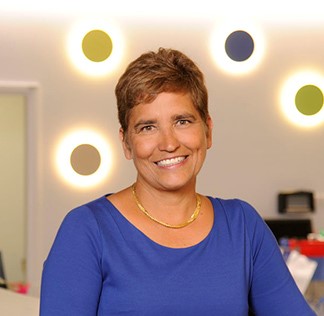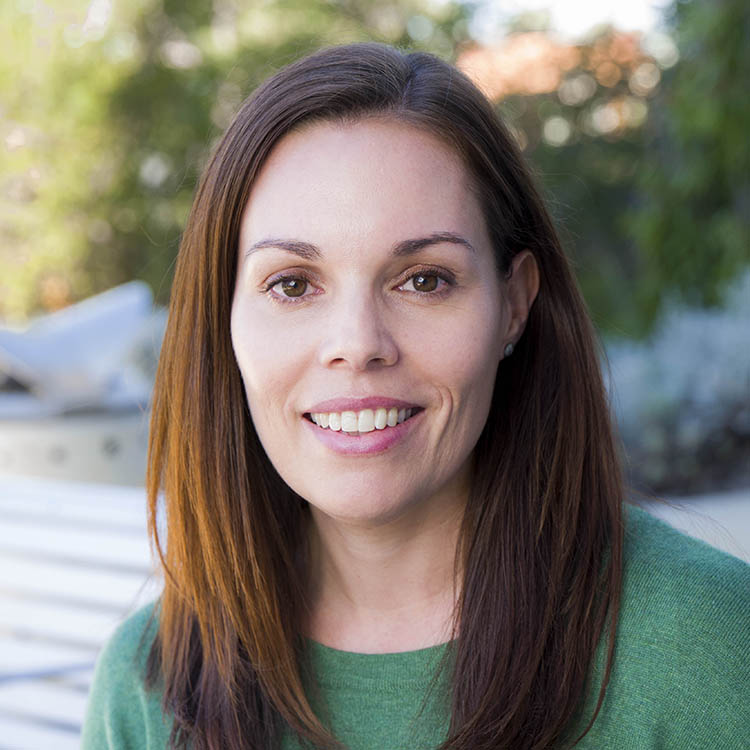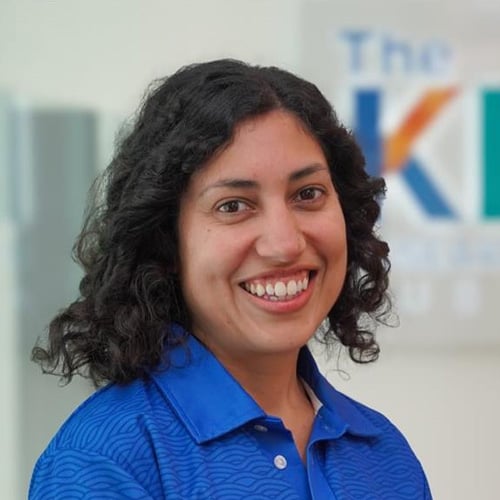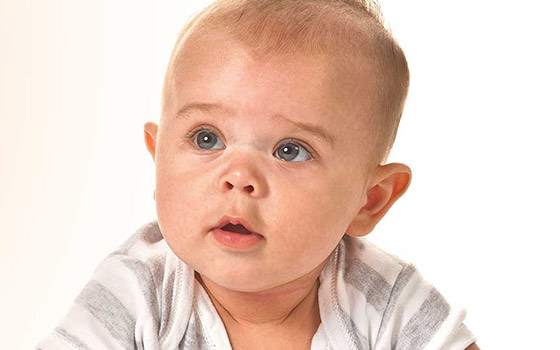ORIGINS is the largest study of its kind in Australia, following 10,000 children, from their time in the womb, over a decade to improve child and adult health.
The unique long-term study is one of the most comprehensive studies of pregnant women and their families in Australia, recruiting families who are receiving pregnancy care or planning to deliver their baby at Joondalup Health Campus, as well as families from the Joondalup and Wanneroo communities.
ORIGINS is following the progress of pregnant women, their partners and babies for the first five years of the baby’s life, and beyond, with an increasing understanding that an individual’s lifetime health and disease may be programmed at a very early stage – while a child is still in the womb.
Our researchers are not only investigating the prevention of disease but also looking to discover how every child and family can reach their full potential.
The total ORIGINS population will consist of more than 20,000 individuals within family units - including mothers, partners, children and siblings.
Team leader

BSc (Hons)

MBBS, FRACP, MPH, PhD
Co-Head, ORIGINS
Team members (13)

BA (Hons), MPsych, PhD

BSc(Hons), MPsych/PhD
Research Fellow

Nina D'Vaz
Biobank Manager, The ORIGINS Project

Avril Bezant
Research Assistant

Bailee Renouf
Lab Technician

Courtney Kidd
Research & Biobank Assistant

Emma Cooper
Research Assistant

Jo Cole
Research Assistant, Birth Team

Jodie Leslie
Research Assistant

Lisa Porter
Research Assistant

Nikki Chong
Honorary Research Fellow

Poonam Pannu
Project Officer

Dr Sarah Whalan
Data Coordinator
Featured projects
ORIGINS community wellbeing during the COVID-19 pandemic
Kindy Readiness Project
October 2021
Other projects
Mums Minds Matter Water Quality and the Microbiome Study (TUMS): The effects of chlorinated drinking water on the assembly of the infant gut microbiome The PrEggNut Study – Maternal diet rich in eggs and peanuts to reduce food allergies: a randomised controlled trial The PLAN Project (Pregnancy Lifestyle Activity and Nutrition) The Engage Study: discovering and delighting in your baby - a pilot study The Cardiovascular Risk Evaluation in Expectant Fathers (CARE-Dads) Study All ORIGINS projects
